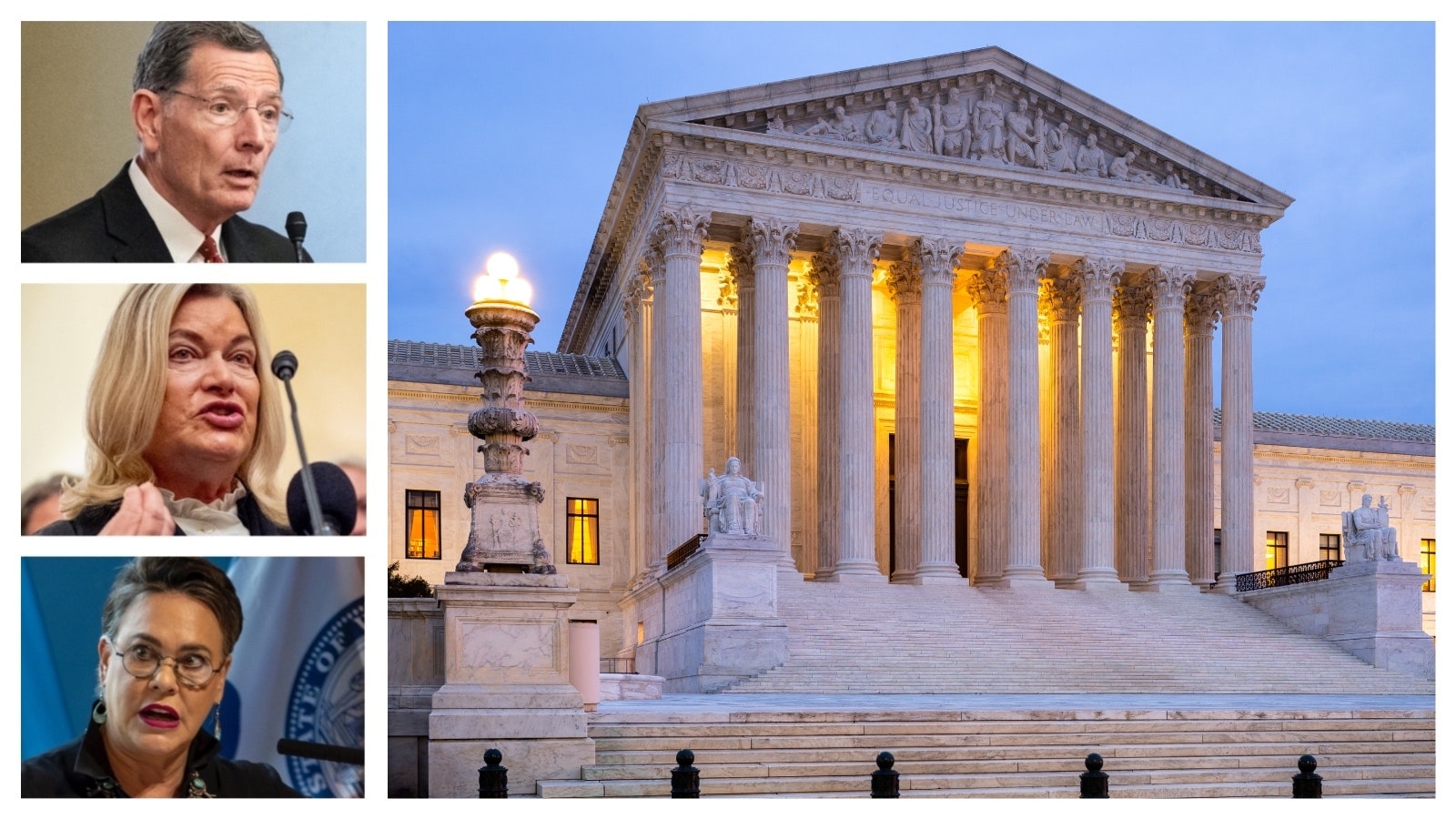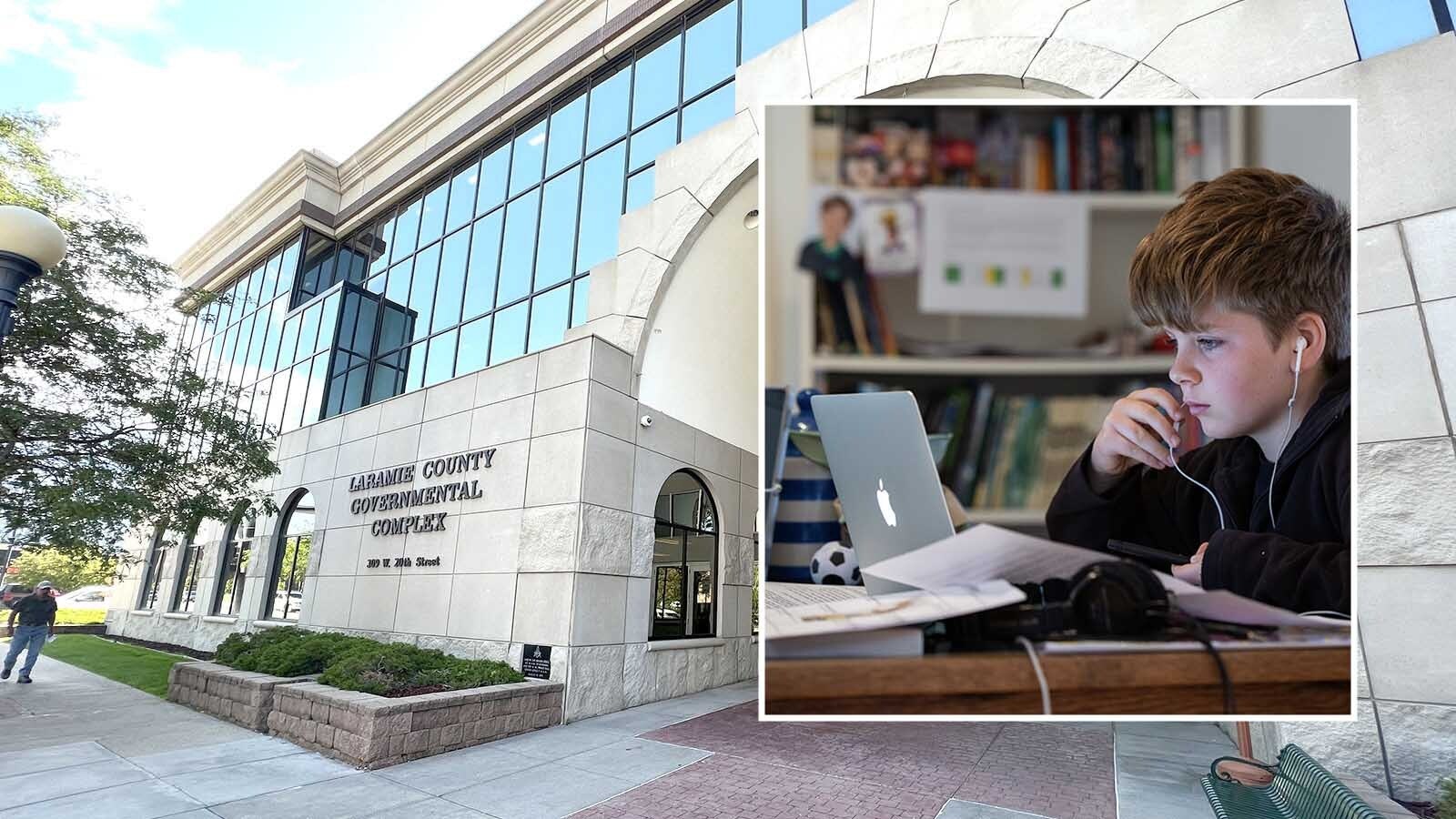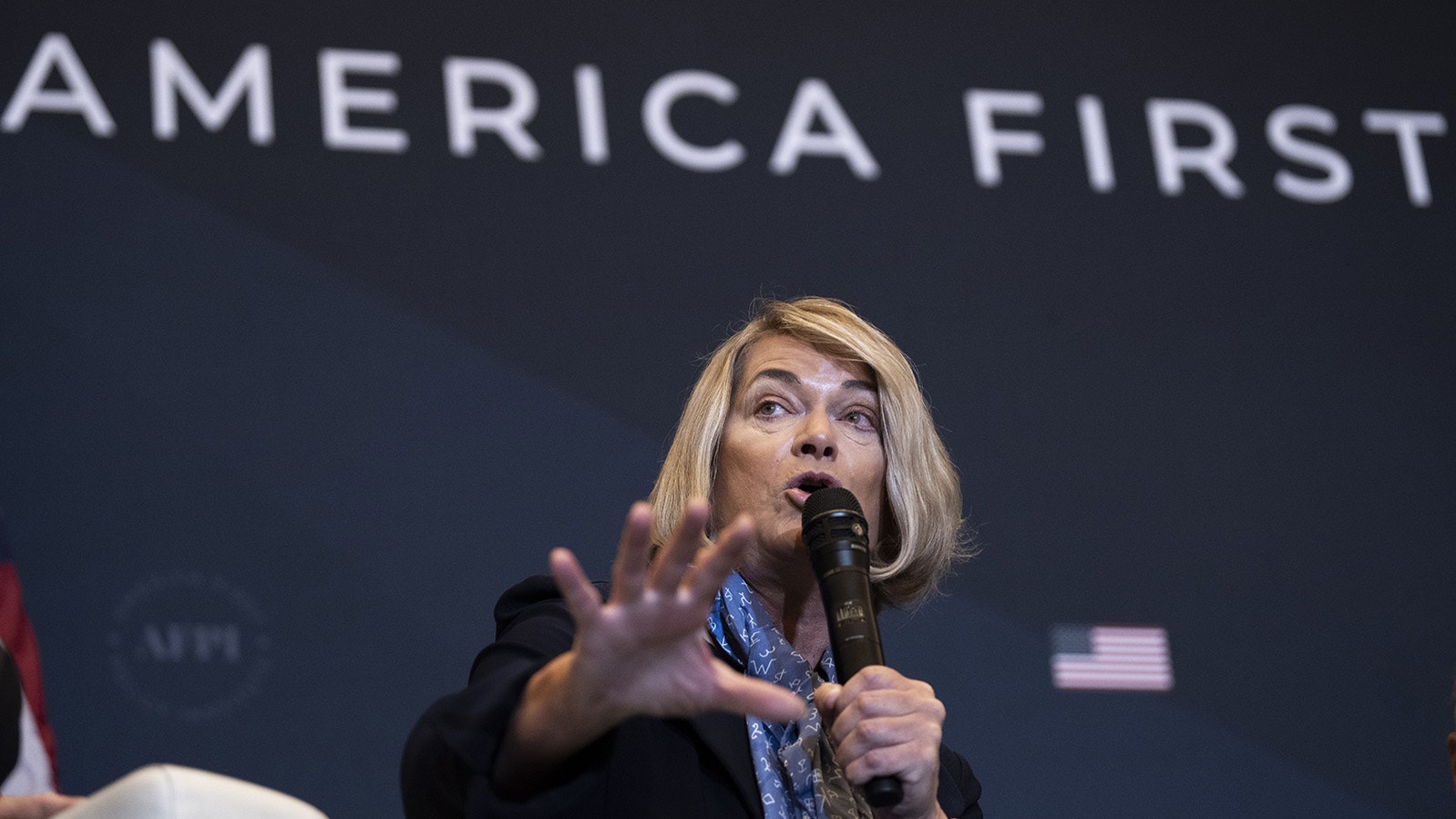More than a dozen property tax bills have been considered in the first two days of the Wyoming Legislature, with three already defeated.
One of the most publicized bills for property tax reform is still alive, however, passing on a 57-4 introduction vote on Tuesday.
House Bill 45, a bill sponsored by state Rep. Barry Crago, R-Buffalo, would implement a 5% cap on property tax increases.
Although the Wyoming Constitution states that all property must be assessed uniformly and at full value within one of three already established property classes, it does not prohibit certain tax exemptions, which is what HB 45 uses to achieve its cap.
Although he ended up voting in support of it, Rep. John Bear, R-Gillette, questioned Crago about the constitutionality of his bill.
Crago said this is a legitimate concern, but he believes the Wyoming Constitution allows for exemptions, and that the same concern should exist for any other property tax bill brought for the session.
Expanding The Rebate Program
Another bill discussed by the House Revenue Committee on Tuesday would expand the Wyoming Property Tax Refund Program.
To qualify for the rebate program now, a homeowner must make no more than 125% of the median statewide or county income, whichever is higher. There are also asset-based requirements.
House Bill 4 would expand the property tax rebate program to up to 175% of median income, however the committee tentatively discussed lowering this threshold to 145%.
A refund granted cannot exceed 75% of the applicant's prior year's property tax.
This would be the second expansion to the refund program in as many years as the eligibility pool previously only encompassed people who made 75% of the median income.
The legislation also pushes back the deadline for county-based property tax refund programs, which Rep. Liz Storer, D-Jackson, said was highly used in her community.
Storer said the average household income for Teton County applicants in 2023 was around $67,000, in a county where the average median income is $123,420.
“This program really does work for our community and is really meaningful,” she said.
Sublette County Treasurer Emily Paravicini said the number of applicants who participated in her county’s refund program nearly tripled as a result of the previous expansion.
Wyoming incomes as a whole increased in 2023, but in some counties like Carbon and Washakie, it dropped.
The refund expansion would be tier-based on a sliding scale between 125% and 175%, with people receiving a lower percentage of the maximum refund based on the higher income they make within that range. At 175%, a property homeowner could only receive 5% of the maximum refund.
“I do believe the tiers are going to add to the confusion mostly for the taxpayer,” Wyoming Department of Revenue Brenda Henson said.
Henson requested an increase of $70,000 for her budget for two more part-time staff members to handle the additional volume in refund requests she expects as a result of the proposed expansion.
Age And Long-Term Resident Exemptions
The committee also discussed House Bill 3, which provides a tax exemption for people age 65 and older who have paid property taxes in Wyoming for 30 years or more.
Rep. Ember Oakley, R-Riverton, said the concept behind the bill is to help senior citizens, who are particularly impacted by property tax increases, and to recognize that long-term homeowners have likely paid the most total taxes over time and seen some of the largest tax increases of all.
“I think it’s a good solution. It’s one of the solutions we’re looking at,” she said.
Rep. Steve Harshman, R-Casper, said there are similar exemptions in about half the U.S. states.
Teton County Assessor Mel Shinkle and Storer both mentioned how most of the tax assessments on many residential properties in the Jackson area are based on the land a property sits on, which often exceeds 1 acre.
An amendment was passed expanding the bill from 1 acre of property to include any associated land.
Riverton real estate agent Laurie Urbigkit said property tax changes should occur through measured changes like HB 3 provides.
Cheyenne resident and Laramie County Republican Party Precinct Committee member Gary Brown spoke against the bill. He believes it discriminates against people who haven’t lived in Wyoming as long as 30 years.
“I think 10 years would be more like we should do,” Brown said.
Rep. Tony Locke, R-Casper, unsuccessfully brought an amendment lowering the residency threshold to 15 years.
Oakley opposed the effort.
“This is a concept for long-term homeowners in Wyoming that have pitched in over time,” she said. “At 15 (years), that becomes much, much broader.”
Rep. Dan Zwonitzer, R-Cheyenne, suggested bumping up the age requirement to 70, which Locke said he was amenable to, but Oakley still opposed.
The amendment died 5-3.
Martin Hardsocg, chairman of the Wyoming Board of Equalization, said constitutional issues could arise with not applying the tax equally across the board. The Wyoming Constitution states that all properties in Wyoming must be assessed uniformly and the tax exemptions that currently exist are tailored to very narrow parameters.
Tate Mullen, government relations director for the Wyoming Education Association, also urged some caution toward the bill, mentioning how property tax revenue is one of the most consistent sources of revenue for Wyoming public schools.
Wyoming County Commissioners Association Executive Director Jerimiah Rieman suggested putting more regulation into the bill such as income-based requirements and a sunset date that would let it expire in the case it has an outsized impact on local government coffers. The bill has no “backfill” option to replace lost revenue for these entities.
“At the end of the day these dollars go to schools, they go to special districts, and they go to roads,” Paravicini said.
What About That Ballot Initiative?
A ballot initiative that would slash assessed values by 50% if approved by voters did not make the Monday morning deadline to be put on the 2024 ballot, according to the Wyoming Secretary of State’s office.
Organizer Brent Bien, a 2022 Republican candidate for governor, said although his organizers have collected around 40,000 total signatures in the required 16 of 23 counties, he said they collected more signatures from unregistered voters than they expected and are shoring up the details before submitting them.
“There was a lot more attrition than we expected,” he said.
Bien said if they fall just one signature short of the 29,730-signature requirement, they will be prohibited from submitting another initiative for five years.
No matter what happens, Bien said he is proud of their efforts, which they will continue if they have to for the 2026 ballot.
“This only started just over 100 days ago,” he said. “Nobody has done anything like (this) in Wyoming history.”
Leo Wolfson can be reached at leo@cowboystatedaily.com.





